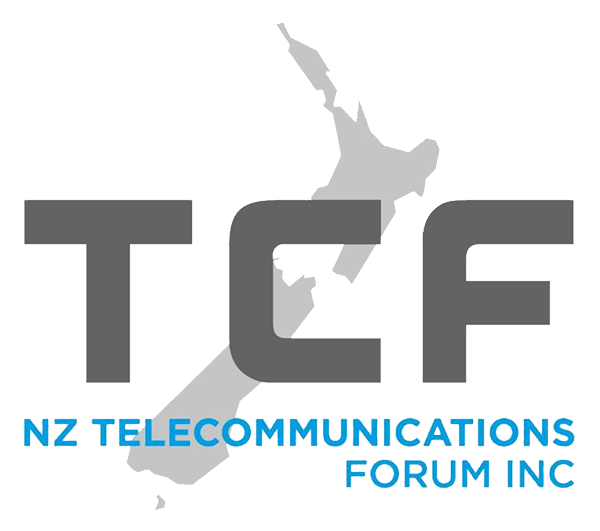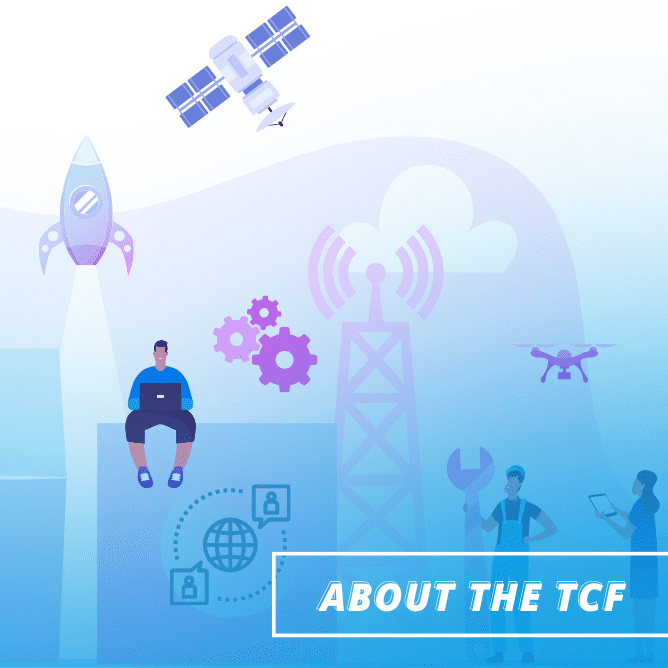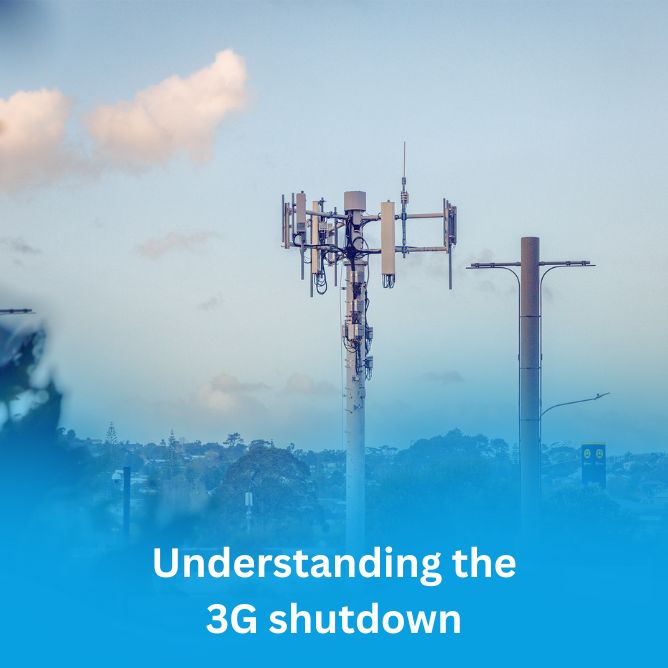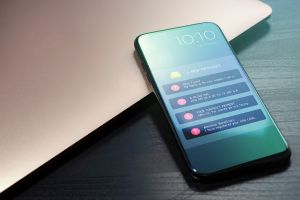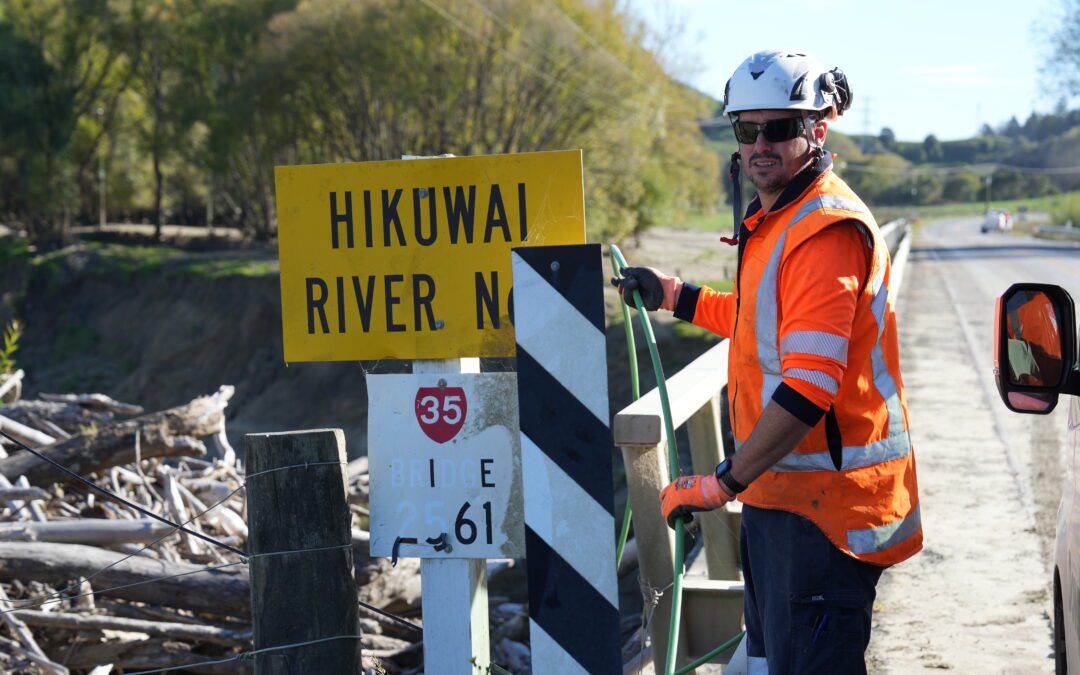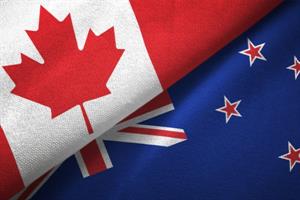This month is the anniversary of LMNP (Local and Mobile Number Portability), which gives New Zealand consumers and businesses the ability to keep their existing local or mobile phone number if they change telecommunications providers.
“Number portability is key to the competition between telecommunications service providers”, said Geoff Thorn, TCF CEO. “It allows consumers and businesses to select a provider and package which best suits their needs, and retain their existing numbers. Although it is a fairly complex process to move a number from one provider to another, for the consumer it has become relatively seamless.”
Consumers have benefited significantly from number portability, as they can now compare rates and services on offer from various telecommunications retailers, and avoid the cost and administration associated with changing their numbers.
“Increasing competition between providers has meant service to consumers has improved, even as mobile prices dropped by 46 percent over the 2 years to 2014, and have continued to decline since” says Geoff.
“The TCF has been managing the LMNP system successfully for 10 years now, and it’s been so useful we’ve extended number porting hours to assist with the UFB roll-out. We’re pleased at how well it runs behind the scenes, how all the providers use and support the system, and the freedom of choice it provides for consumers.”
Number porting was introduced on 1 April, 2007, at a cost of $100 million to the industry, including changes to networks and billing systems. In 2007 there were 10 companies involved and 6,300 numbers ported per month; in 2017, 35 companies are using the system and 43,500 numbers are ported each month on average. Since the inception of LMNP, 2.5 million fixed and mobile numbers have been ported.
-ENDS-
For more information, please contact: Geoff Thorn, TCF, CEO
Ph: +64 21 937 920 | Email: Geoff.thorn@tcf.org.nz
www.tcf.org.nz | Twitter: @TCFNZ
